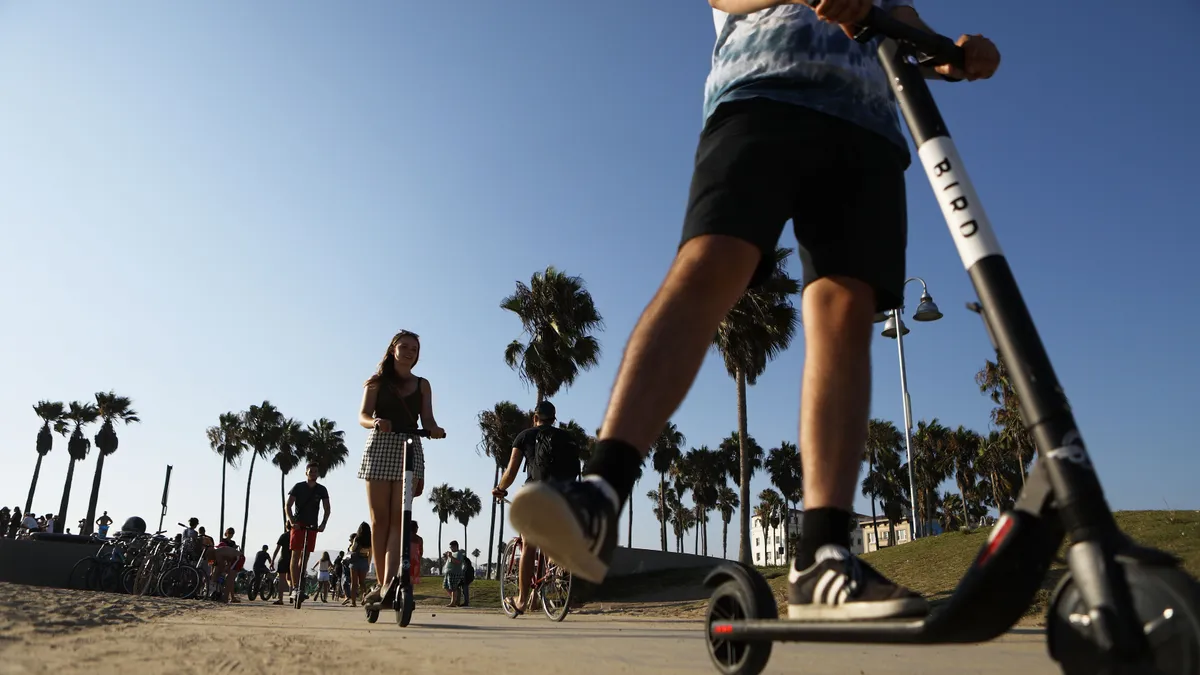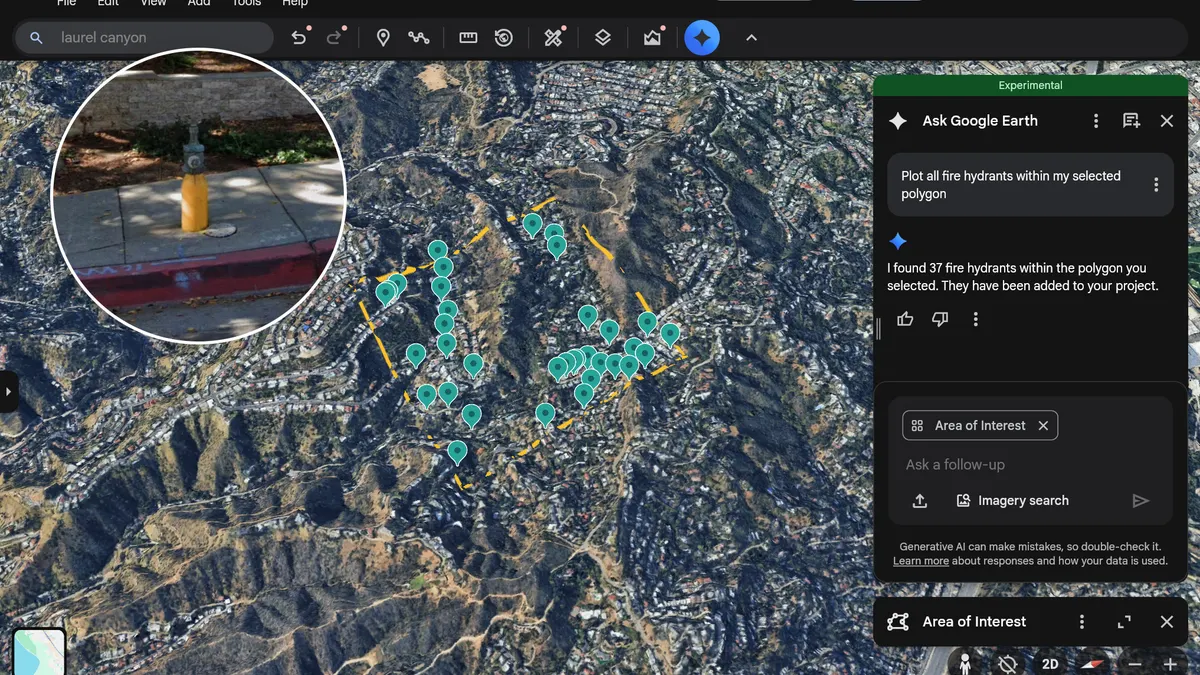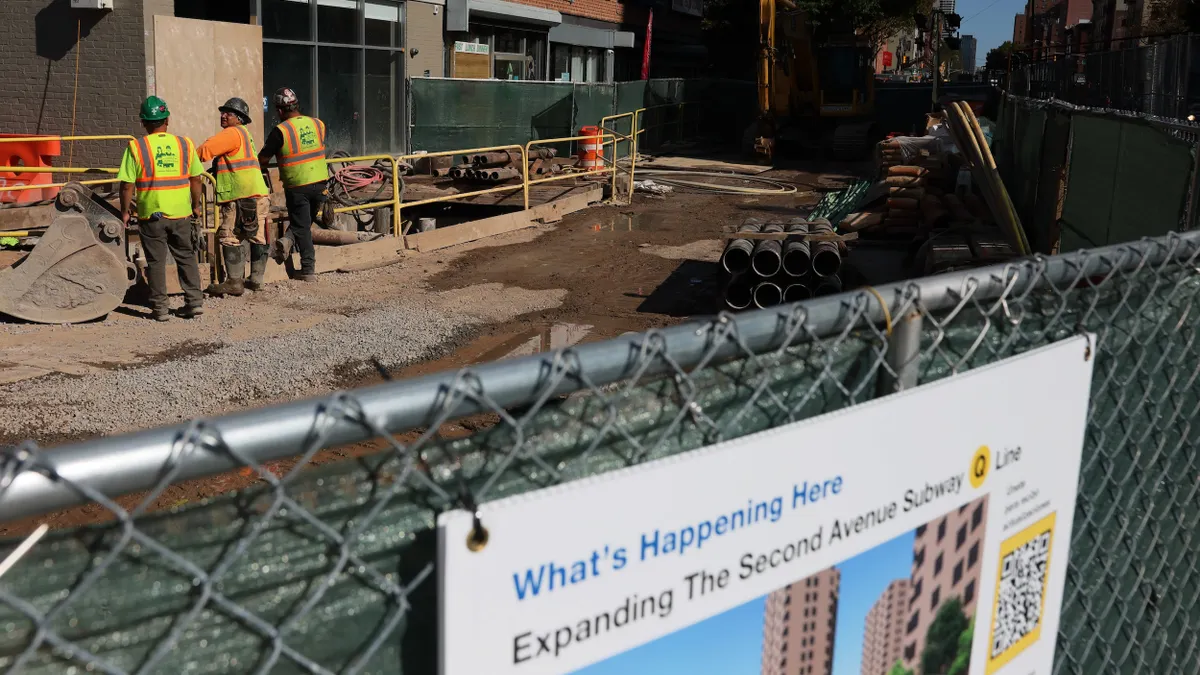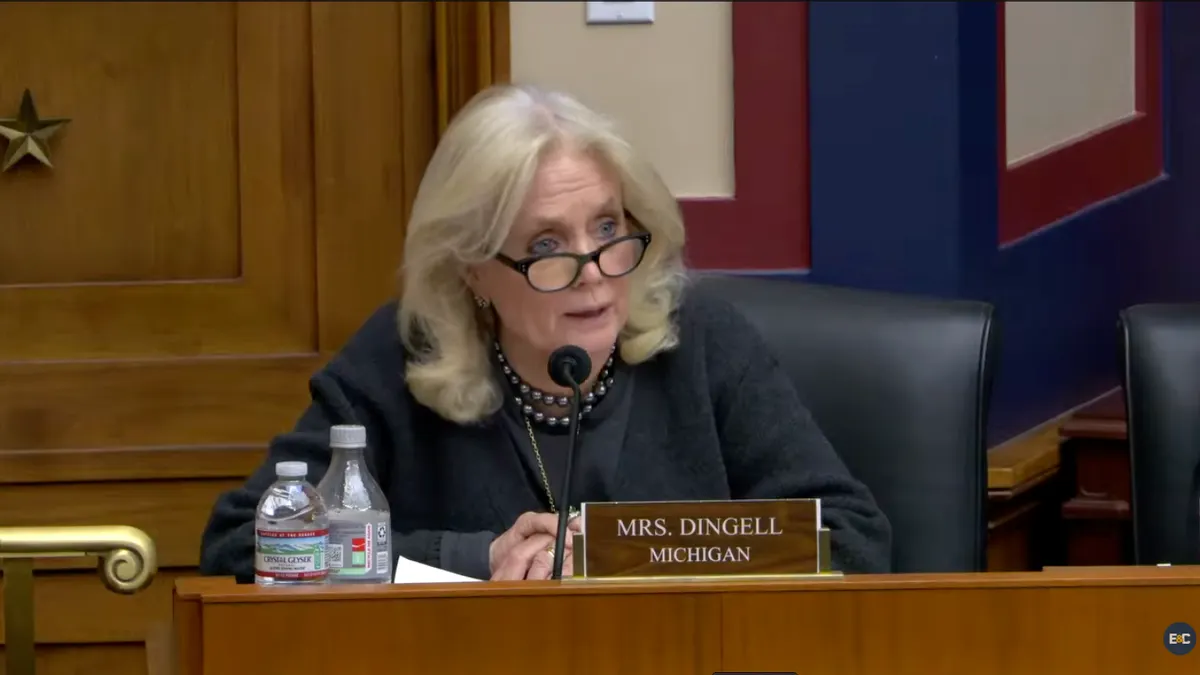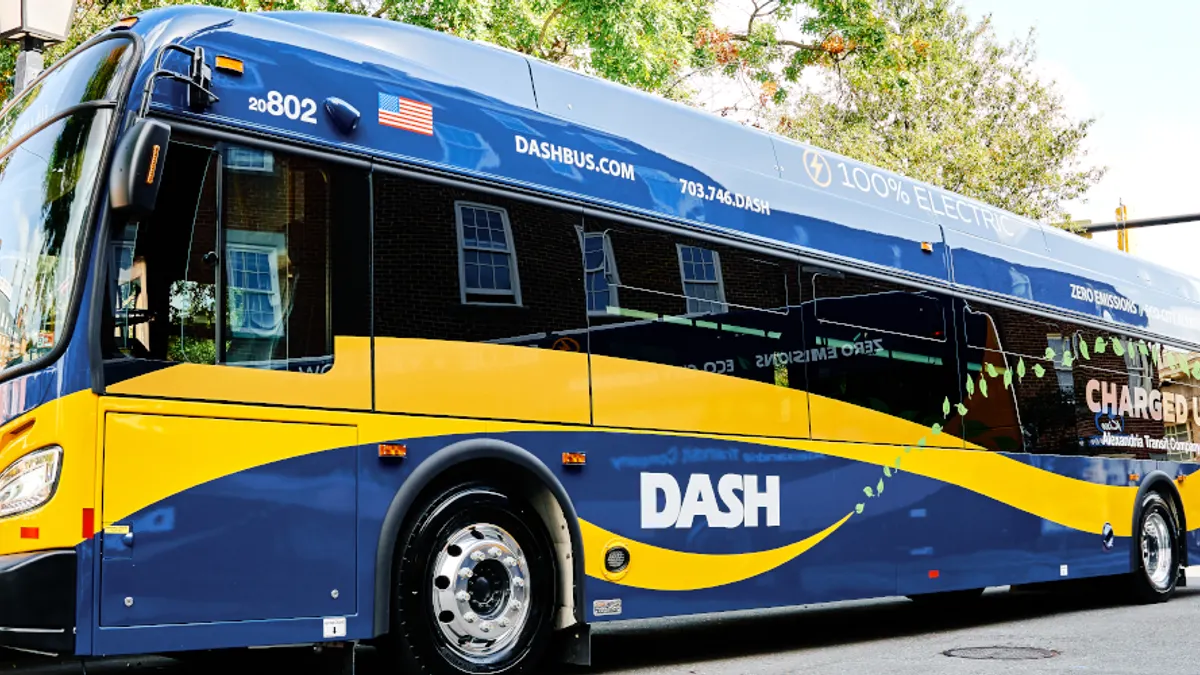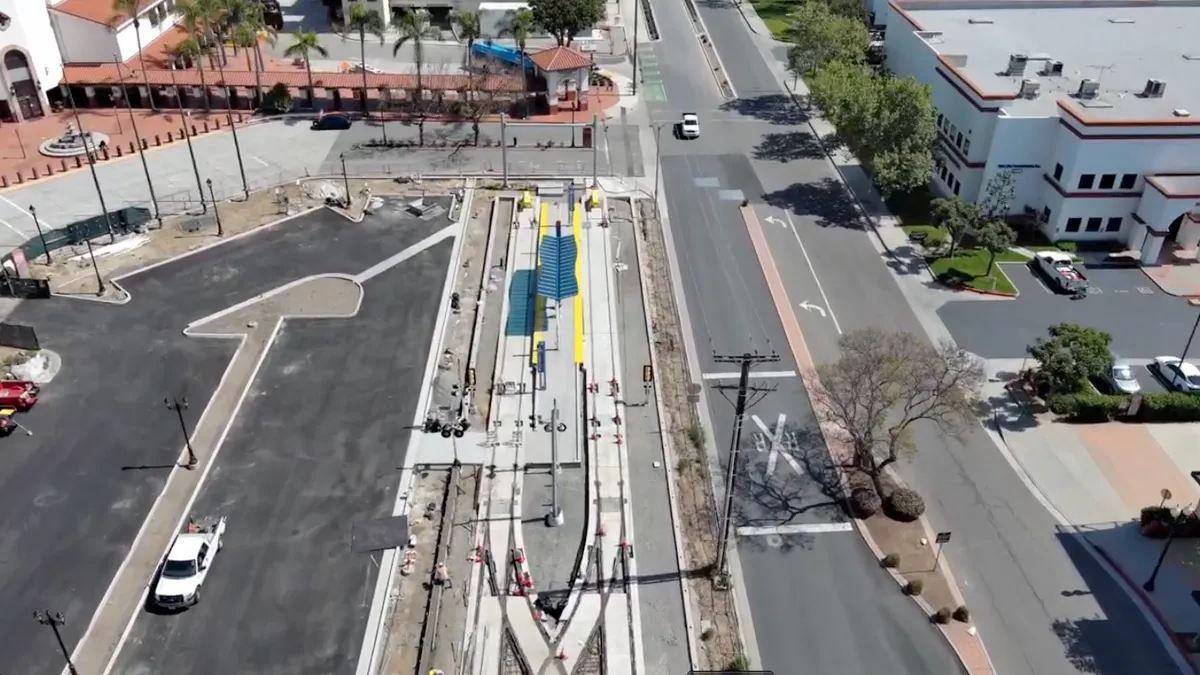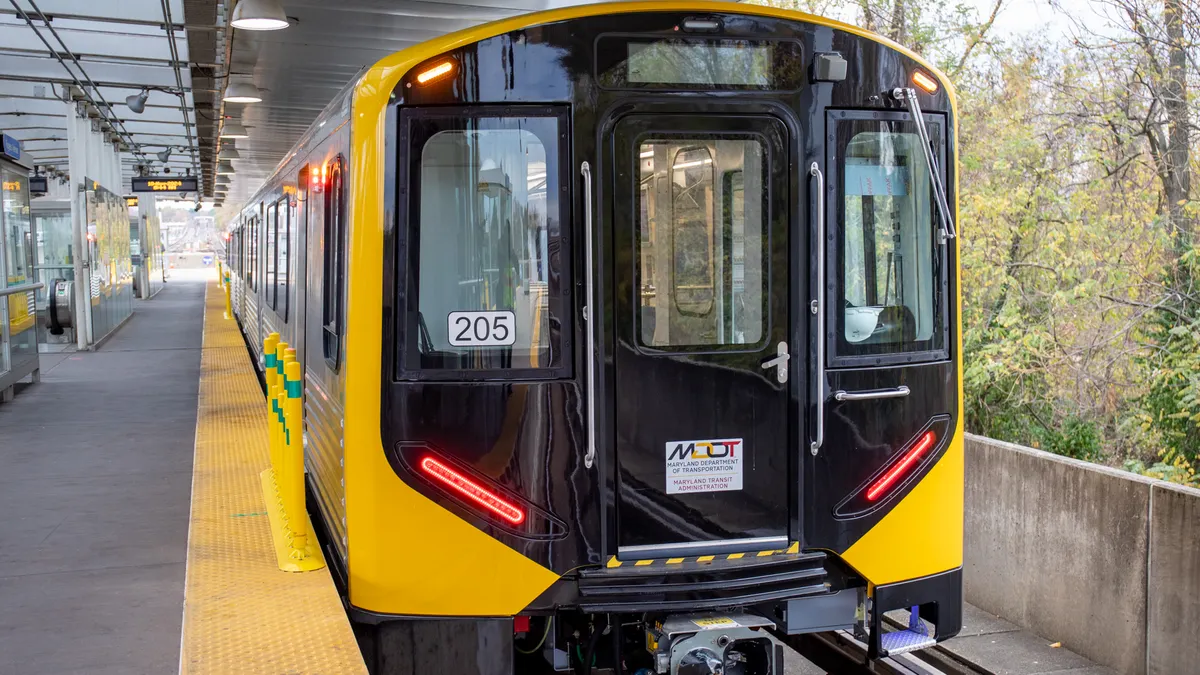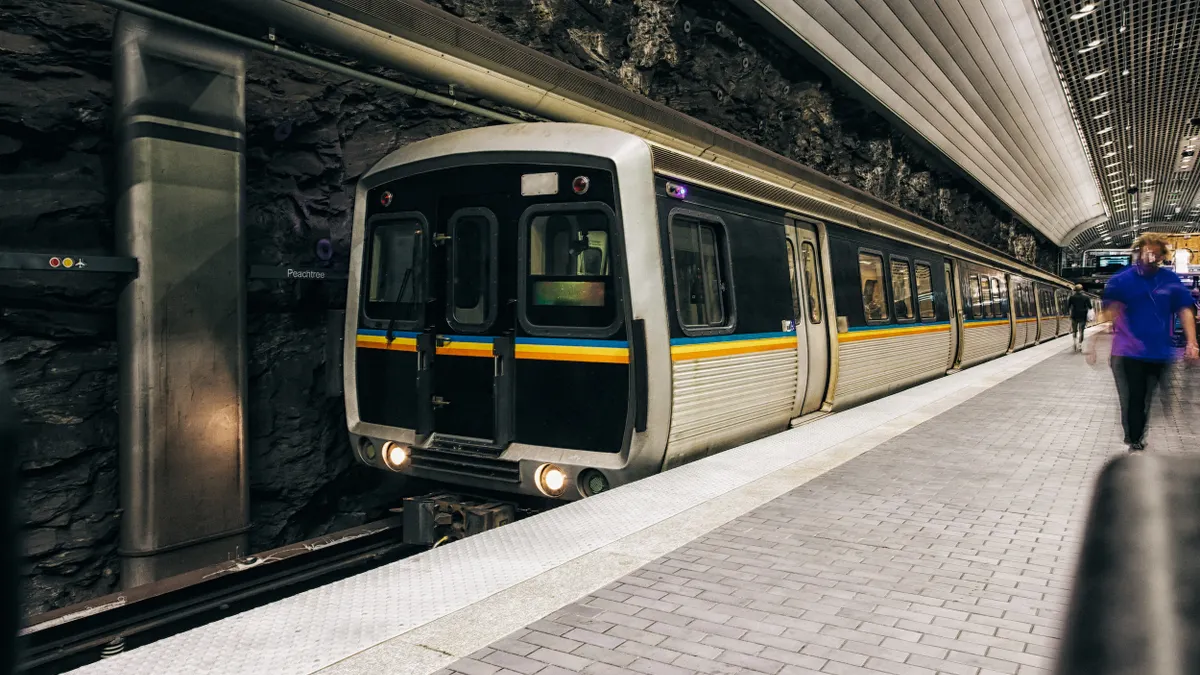The email from micromobility company Bird to the city of Indianola, Iowa, announcing the departure of its fleet of scooters, was a surprise. Indianola — located just south of Des Moines, with an estimated population of 15,747 — had just begun its partnership with Bird last year to expand transportation alternatives in the city. Bird was the only micromobility provider in Indianola.
City Manager Ben Reeves said that the city invited Bird to an upcoming city council meeting to discuss some of the problems Indianola faced with the micromobility service. Bird’s scooters, sometimes uncharged, cluttered the city’s streets or were left where they didn’t belong, he said. Bird sent its departure statement to Indianola in response to the invitation, ultimately blaming “the macroeconomic environment'' for its exit, Reeves said.
Indianola is one of many cities to lose Bird's scooter services, as the company announced in October that it would pull its scooters out of “several dozen” small and mid-sized cities across the U.S. and around the world.
According to a company blog, those cities’ “lack of a robust regulatory framework” has prevented the company from becoming “economically viable.” In 2021, the company operated in at least 250 cities with populations of fewer than 500,000, including Indianola. But Bird’s most recent earnings filings show an approximate $300 million net loss between January and June of this year, compared to a net loss of about $120 million over the same period in 2021.
Micromobility companies struggle to profit since their business model relies on their ability to scale rapidly with venture capital funding. That might be why Bird is leaving cities that don’t have “strong regulatory environments,” said Alex Engel, senior communications manager at the National Association of City Transportation Officials. A stable environment is key to viability, he said.
In an email to Smart Cities Dive, Bird said local governments’ simultaneous under- and over-regulation influenced their decision to leave smaller cities. “[M]any cities impose convoluted and expensive regulations that favor car travel and put the long-term viability of the shared micromobility industry into question,” a Bird spokesperson wrote. Bird noted that one city, which aims to have low-carbon modes of transportation make up 80% of trips by the end of the next decade, fines improperly parked scooters nearly five times what it fines an improperly parked car.
Bird’s regulatory recommendations for cities, outlined in its email, include limiting parking restrictions, charging permit fees no greater than the cost of a car permit divided by 10 (because 10 scooters can fit in one parking space) and ensuring that scooter speeds are at least 15 mph as a safety measure. In addition, Engel said that NACTO is currently developing new shared micromobility guidelines for cities, to be released soon.
While Bird’s sudden announcement may have thrown off affected cities, John Stehlin, an urban geographer and assistant professor at the University of North Carolina at Greensboro, was not surprised. The dockless model, he said, means that companies “can launch and scale very quickly, but they can also disappear — descale — extremely quickly.”
Stehlin co-authored an article in the journal Urban Studies that examined how dockless scooters eroded city support of public-private micromobility — station-based bike sharing — in Austin, Texas. Station-based bike sharing may be more resilient as public infrastructure, Stehlin said, adding that dockless scooters lack the physical, fixed assets and the political commitment that are typically associated with public infrastructure. But, he said, “public services require a sort of institutionalization so you can rely on them — so the platform you’re used to taking to work all of a sudden just doesn’t evaporate.”
Stehlin illustrated this idea with the example of city bus systems. “There’s a reason that when [a city wants] to cut frequency on a bus line, they don’t just do it; they notify people or [take] public comment.”
Indianola has no plans to partner with a different micromobility company, said Reeves, but the city is improving the bike trail that connects Indianola to other towns. He noted that there might be more reason to consider a bike-share program after the trail updates finish and there’s better regional cycling infrastructure. Indeed, some cities impacted by Bird’s announcement may choose to update their infrastructure to better prepare for micromobility services, NACTO’s Engel said, as safe infrastructure for riding is key to a successful program.
But as of now, Reeves doesn’t think the city will be significantly affected by the absence of Bird scooters. Indianola, after all, is an “auto-oriented place,” he said.


